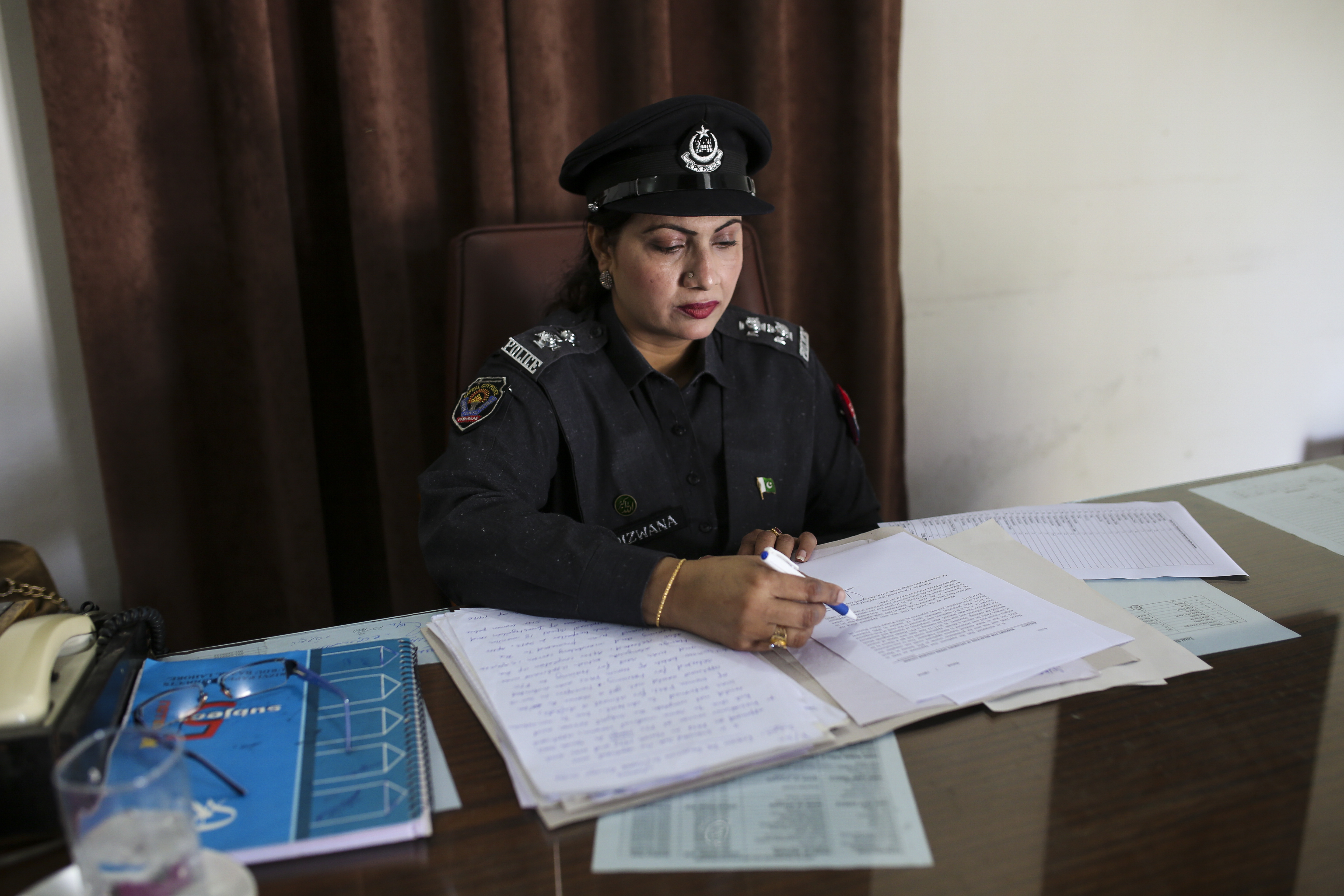Marking Ten Years of the Global Focal Point for the Rule of Law: perspectives on joint rule of law assistance
November 18, 2022

As prepared for delivery
Excellencies, Ladies and Gentlemen,
Dear Colleagues and Friends,
First, I would like to express my sincere gratitude to the Permanent Missions of the Netherlands; and Sierra Leone for co-hosting this event to mark the 10th Anniversary of the Global Focal Point for the Rule of Law.
It has been a decade punctuated by immense challenges to human rights and the rule of law of which the biggest we are witnessing in Ukraine, where UNDP is committed to staying and delivering.
For the 5th year in a row, the rule of law has declined globally.
Today, just 13% of the world's population lives in countries with effective democratic systems.
Remarkably, violent conflicts are at their highest levels since the Second World War and 1.9 billion people now live in fragile contexts.
In many ways, protracted crises and conflict across the globe -- from Afghanistan, to Haiti, Ukraine, and beyond -- are in fact development emergencies that require integrated development solutions.
One of the key solutions is supporting resilient, responsive state institutions & effective rule of law, which are proven foundations to foster lasting peace and stability.
- A global partnership to maintain the rule of law in times of crisis
This type of vital support by the Global Focal Point is perhaps more vital than ever: proving time and time again that the United Nations is stronger when we deliver together.
Co-lead by UNDP and the Department of Peace Operations (DPO) it has now become the main coordination platform that binds the UN’s varied work on rule of law together: from OHCHR, UNODC, and UN Women, to name but a few.
Together, we have achieved some notable results since 2012.
- For instance, in the Central African Republic, the Global Focal Point has supported the establishment of transitional justice mechanisms like the Special Criminal Court which issued its first judgement on crimes against humanity and war crimes in October 2022 – a milestone in the country’s efforts to bring to justice those responsible for serious crimes, which is crucial breaking cycles of violence.
- Since 2020, over 40,000 women and girls have increased access to justice in over 12 countries through the Gender Justice Platform, a partnership between UNDP and UN Women.
- In The Gambia, we have supported the development of cutting-edge e-justice systems – including the establishment two virtual courts at the High Court Level and expanding virtual courts across the country. This has helped thousands more people to access justice while fostering a rule-of-law culture.
- Over 45,000 victims of armed conflict (including over 25,000 women) exercised their right to reparations through joint work by UNDP and OHCHR with the Victims’ Unit of the Government of Colombia.
These results highlight that change is more impactful when we come together across the UN system.
- Challenges and the Way Forward
The UN Secretary-General’s upcoming, New Vision for the Rule of Law will further increase the UN’s coordination.
It will help us to continually evolve adapt our joint rule of law assistance to get ahead of emerging challenges, including through new digital tools.
And crucially, it will be vital to the UN’s efforts to support member states to ensure that the human rights of all people are respected, protected, and fulfilled.
Yet in spite of the fact that fostering the rule of law is one of the key foundations of peace & stability -- just 1.5% of development assistance from some of the world’s top donors is allocated to justice.
This is a clear shortcoming that requires countries to re-engage, with a recognition that our global community cannot continually lurch from crisis to crisis.
Excellencies, Ladies and Gentlemen,
Violent conflicts, democratic backsliding and threats to the rule of law endanger lives and livelihoods in every region of the globe.
Despite the damage wrought by these cascading crises, we have before us a singular opportunity to reset past policy deficiencies.
However, preventing conflict and sustaining peace is only possible through both political and long-term financial support from our international partners.
The Global Focal Point has proven just what is possible when ‘co-invest’ in the rule of law as a means to breakthrough to a more democratic, stable and peaceful future for all.
In this respect, I would like to express my sincere gratitude to the Kingdom of the Netherlands for their support to the Global Focal Point -- and to past, long-term donors including the United Kingdom, Sweden and Switzerland.
I would now like to pass the floor to my friend and colleague Under-Secretary-General for Peace Operations, Jean-Pierre LaCroix.

 Locations
Locations